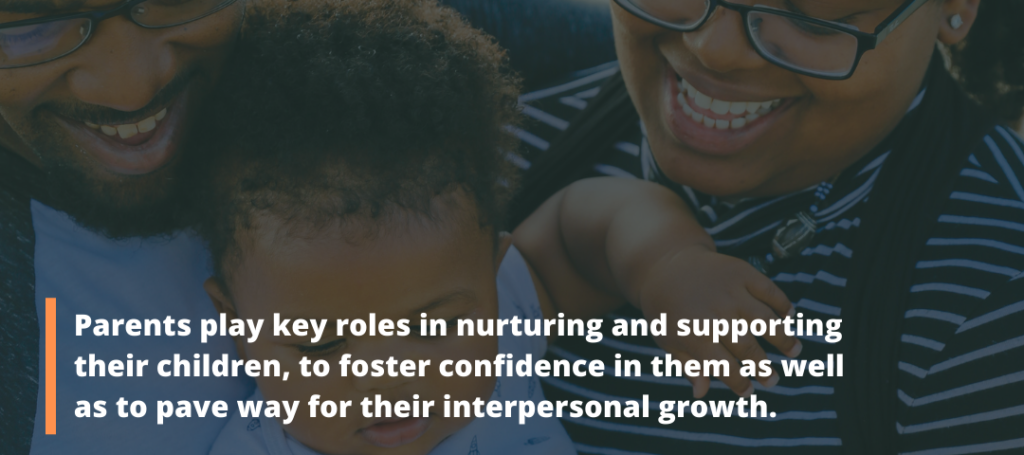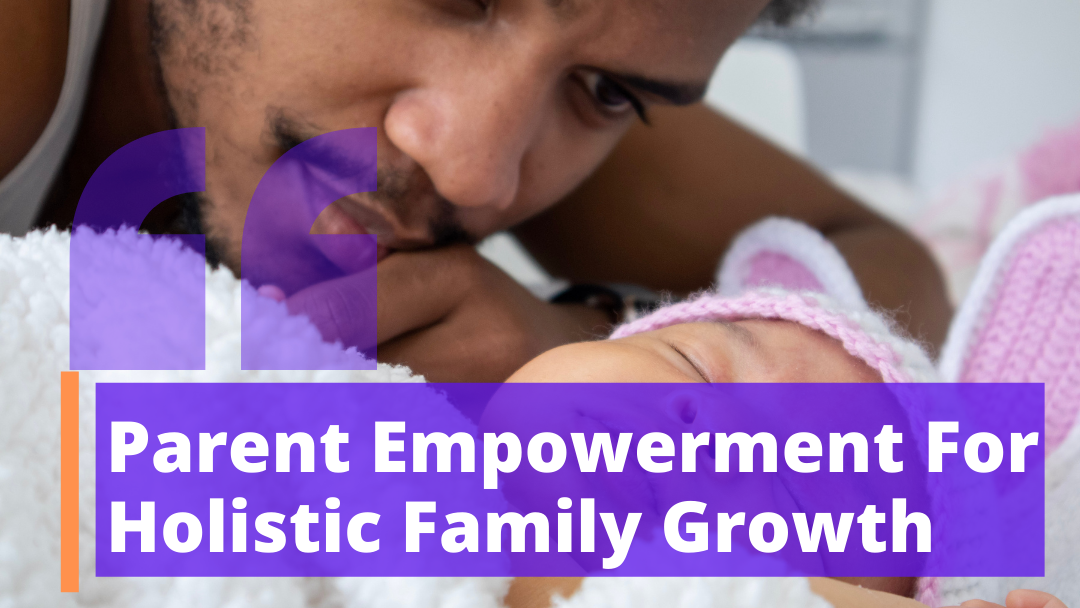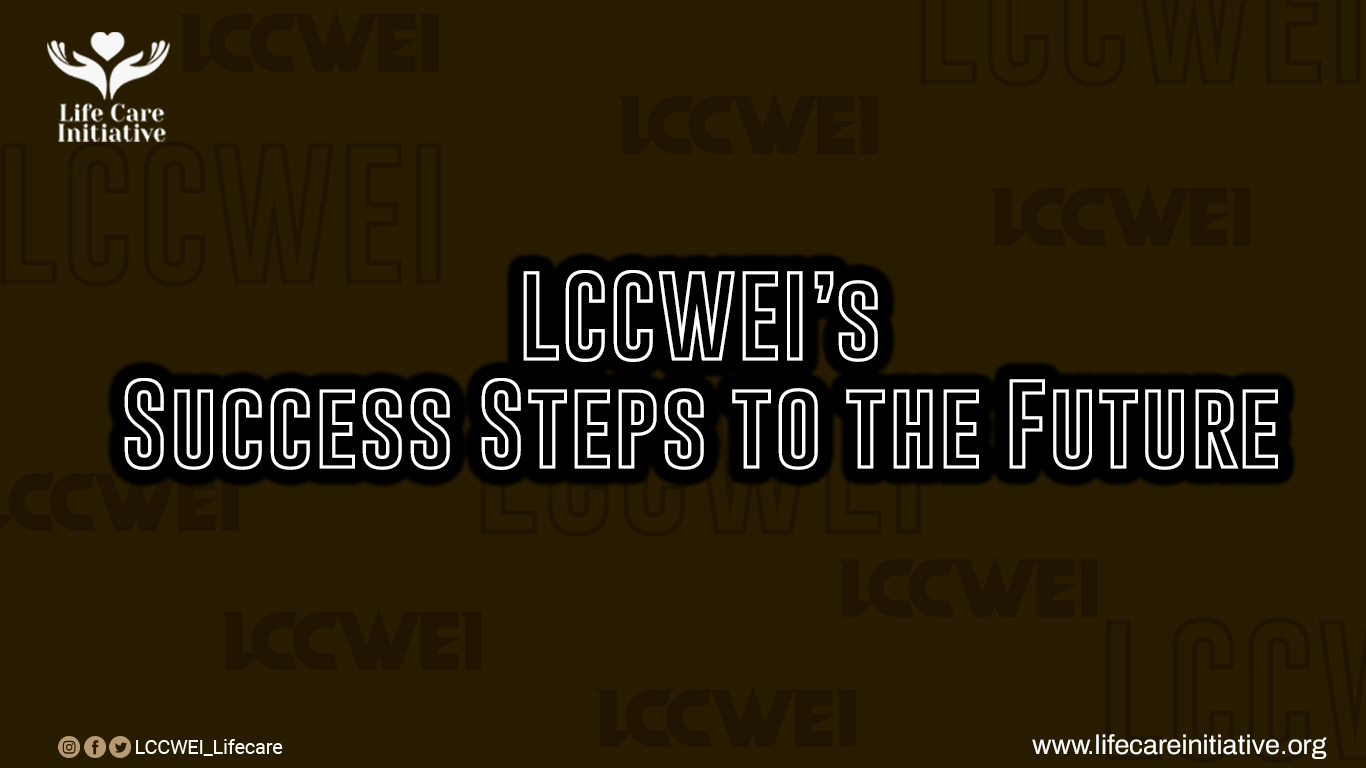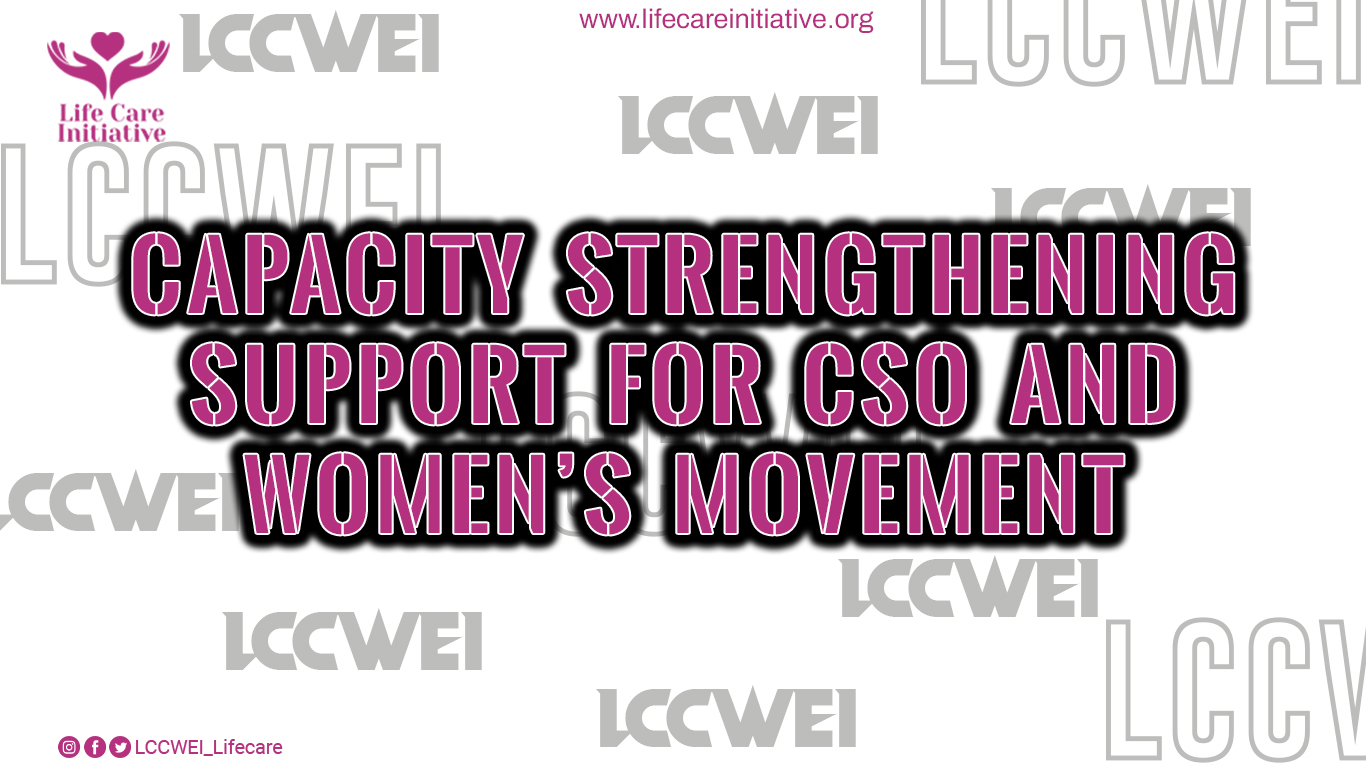Parenting sometimes can be complex. It’s more than changing diapers, cooking, feeding kids, dressing them up, and sending them to school. This intense task is a key responsibility for both fathers and mothers. It’s even hard when one finds themselves extracting parenting roles single-handed. Does the level of empowerment affect how a parent can deliver their roles to kids? Parents have a crucial part in shaping the child’s social development as they impact different aspects of the child’s overall growth. With the proper exposure and guidance from parents, children can better identify their strengths and talents and gain awareness about their social roles, values, and expectations. Studies show that effective parenting significantly influences the child’s personalities, academics, emotional empowerment and development, behavioral habits, social development, etc.

According to Waterford, Parent empowerment involves informing and organizing parents to participate fully in their school’s community. He highlights embracing the belief that all voices and perspectives are welcome in a classroom and intentionally providing space for those voices to be heard. As parents perform their roles as teachers, empowering them is a core concept of the fast program, as is the conviction that parents can be the primary teachers and nurturers for their children. In turn, their children feel empowered and secure, enhancing their ability to do well in school and relationships. Trainor observed that many parents enter Head Start and Early Head Start programs with strong advocacy and leadership skills. Many others have great potential to develop them. Families’ positive experiences with advocacy and leadership may further motivate them to advocate for broader systemic improvements. Through positive and ongoing relationships with families, programs can help families gain the cultural and social capital necessary to be strong advocates. When educational programs define parents’ roles based solely on their needs without engaging their strengths, families may feel undervalued.
To shape up the general moral fabric of society, there is a need to empower parents on the fast-emerging trends and the digital world to meet their children’s needs in terms of offering sound choice making.





